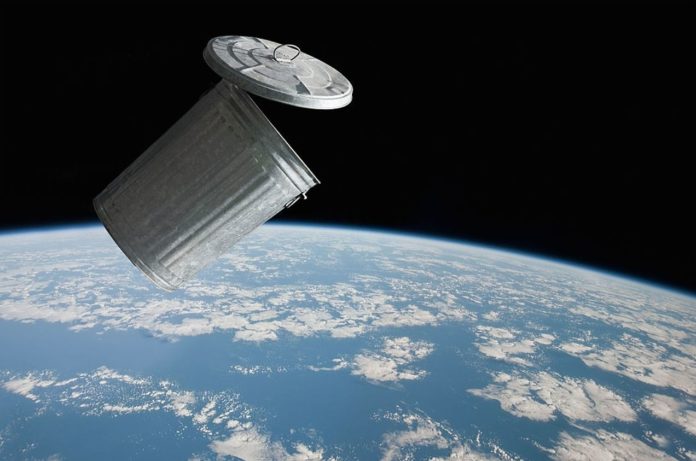Space junk left over from recent space explorations has caused people to be afraid of untrackable shards that could destroy satellites in orbit.
Dan Ceperley, founder and CEO of LeoLabs, a start-up that maps debris in space, has warned that the amount of debris hanging in Earth’s orbit is a big problem and people don’t even think about it.
According to him, hundreds of thousands of parts of decommissioned satellites, missiles, and rockets have the potential to cause a “catastrophic collision” in Earth’s orbit.
The specialist said: “The larger stuff, is kind of 10 centimetres and larger, and it’s all made by human activities in space.
“So it’s dead satellites, it’s old rocket bodies and it’s pieces of those, whether they kind of blew up themselves or were part of a test or part of a collision.
“They’re fragments of old satellites and rockets, and they’re typically in space for a long time, decades at a time.
“Just the way space works things are going so fast that they lap the Earth every 90 minutes, and most of them will stay up there for years.
He further added: “There’s good scientific estimates saying that there’s a few 100,000 pieces of even smaller debris down to two centimetres in size, that are lethal to satellites and are not tracked today.
“There’s enough kinetic energy in something small like that if it hits a satellite.
“it can actually shatter the satellite create a cloud of debris.
“So that means 95 per cent of this catastrophic collision risk is untracked.”
Image Credit: Getty
You were reading: Specialist warns of dangerous space debris lapping the Earth every 90 minutes
